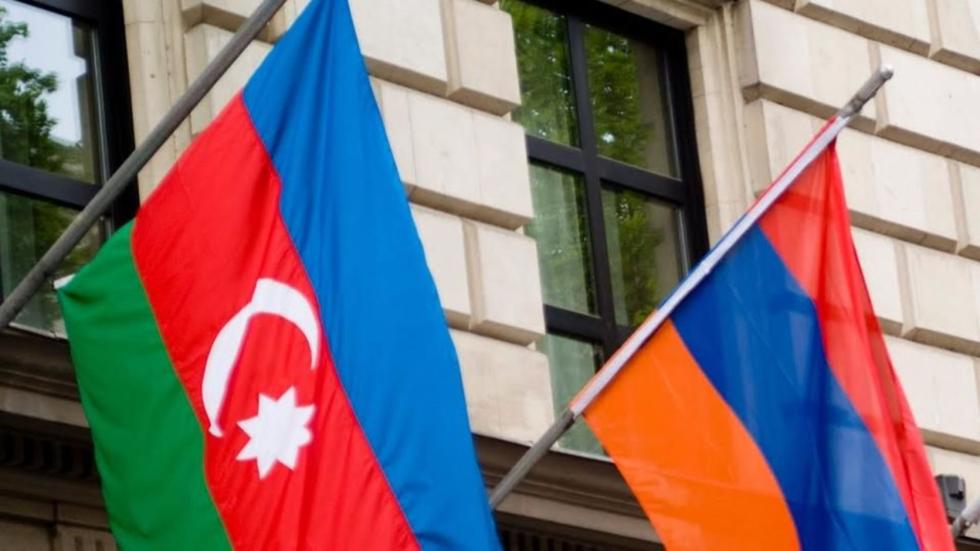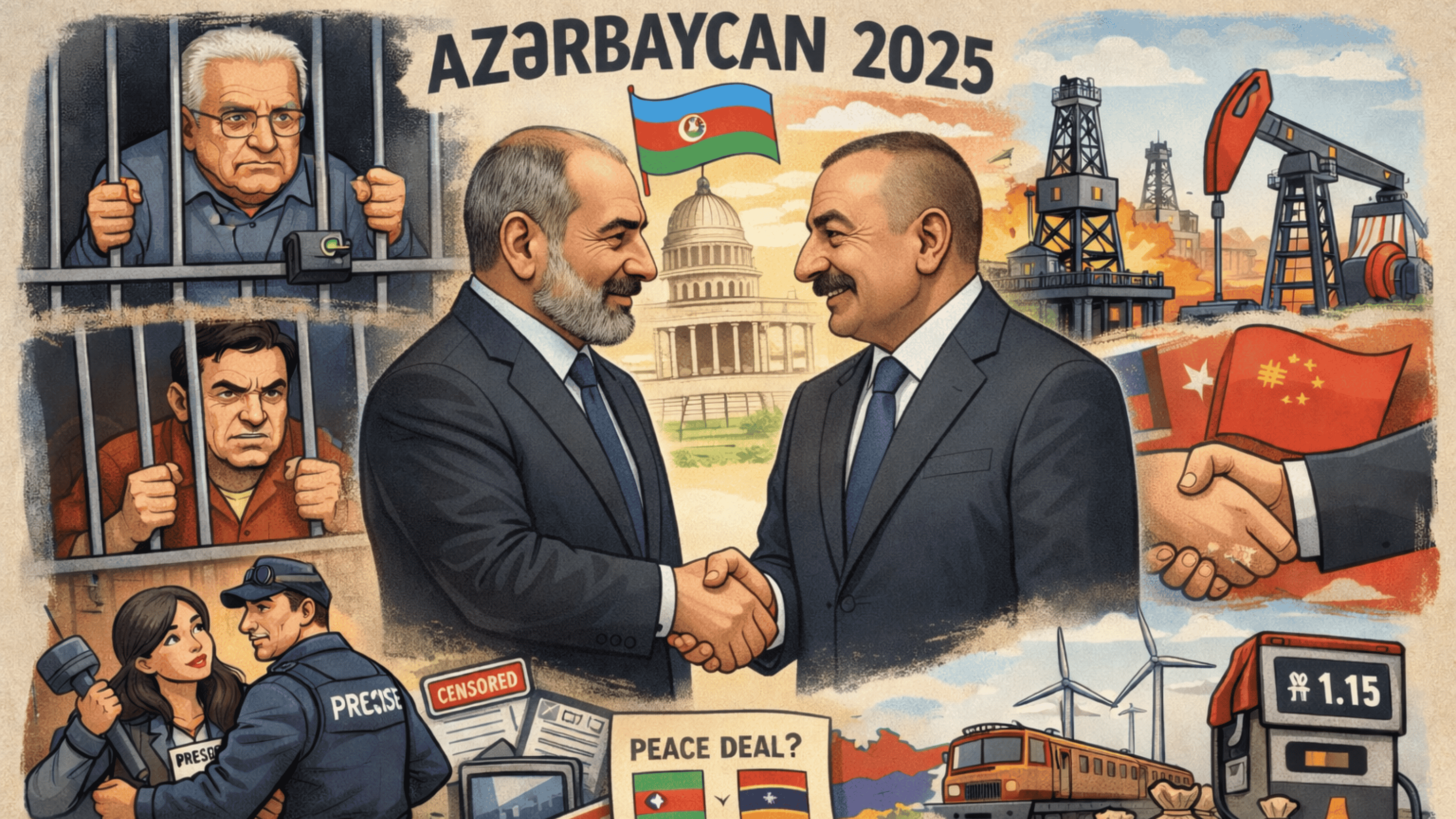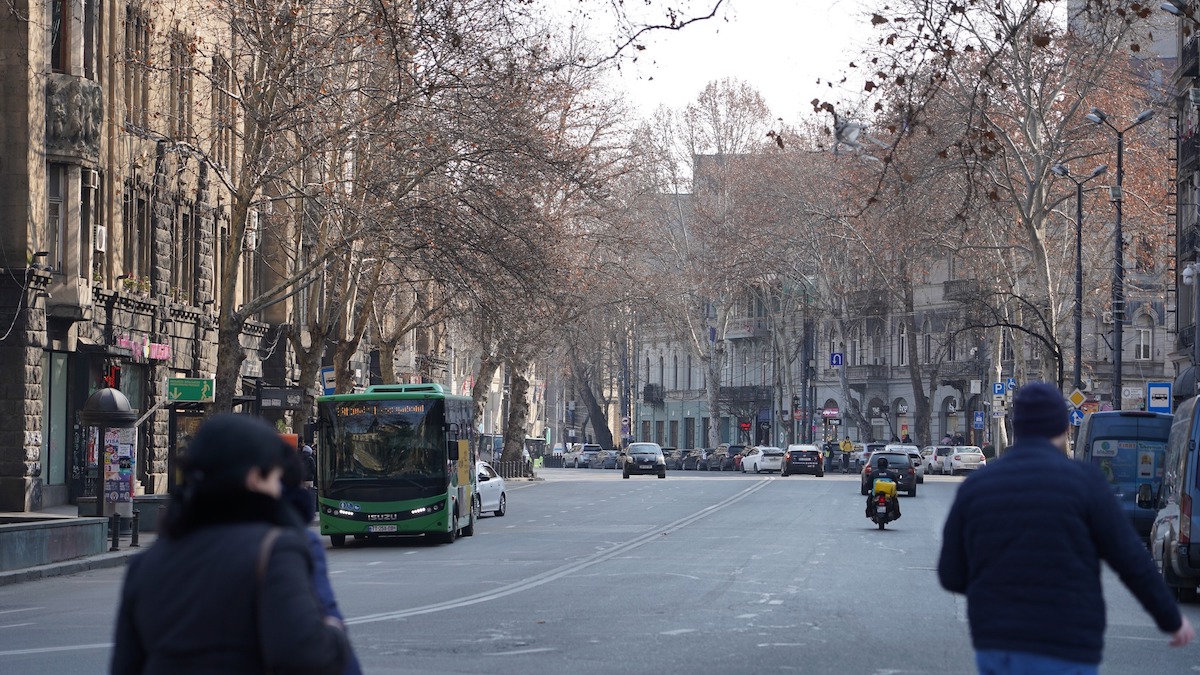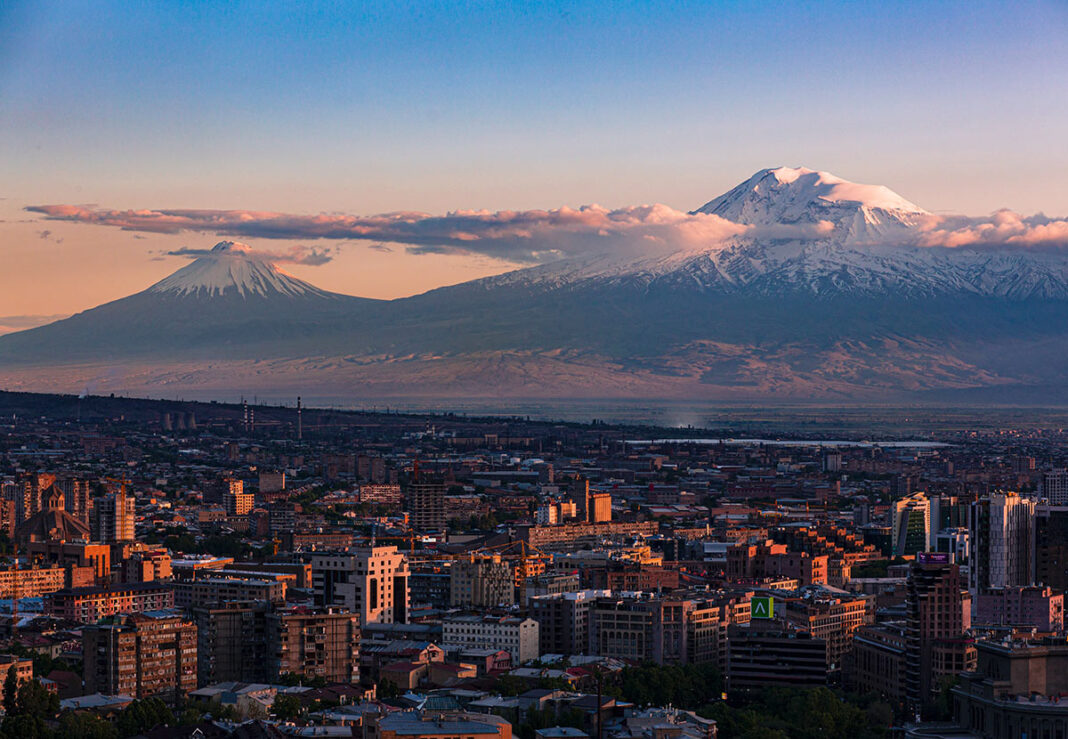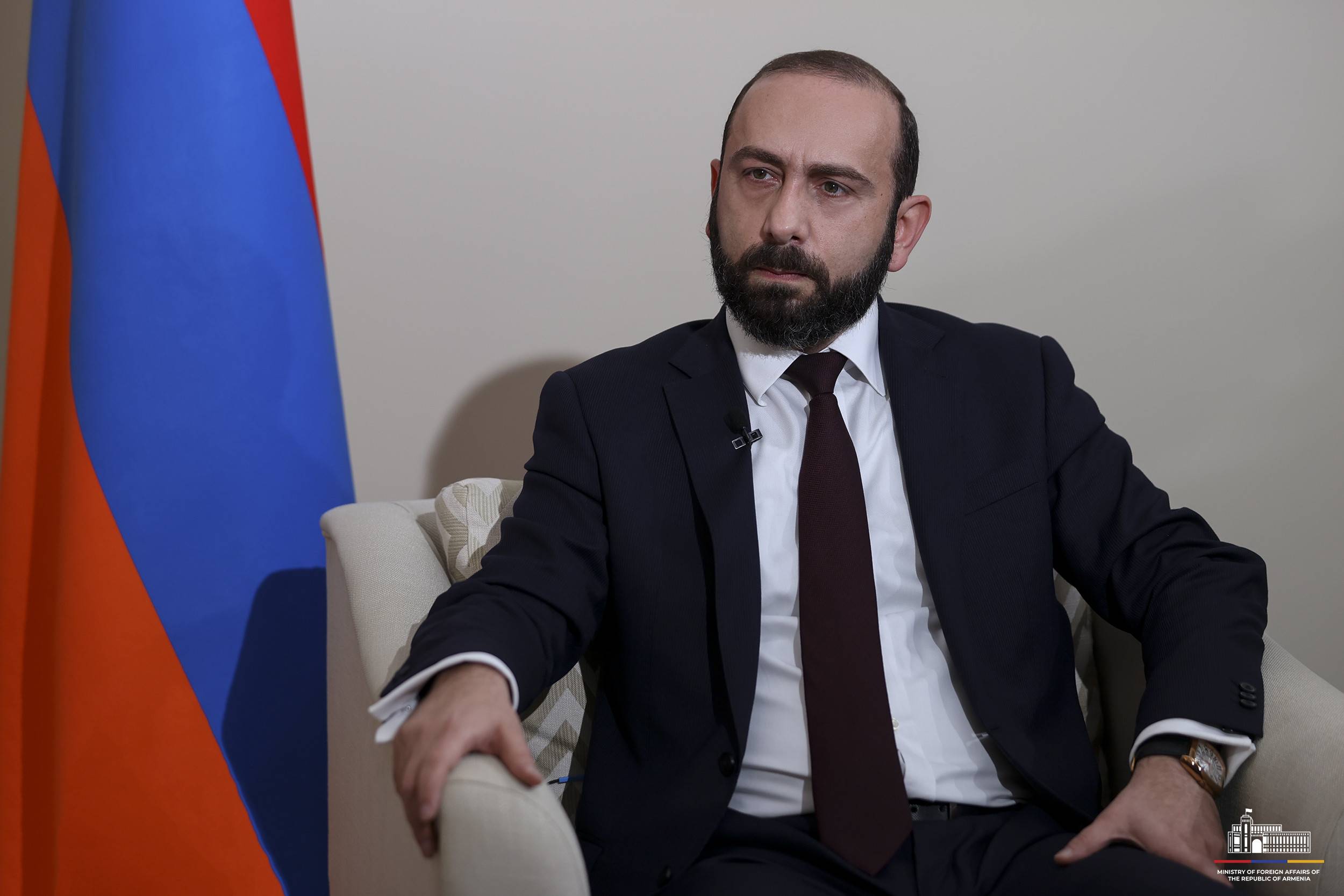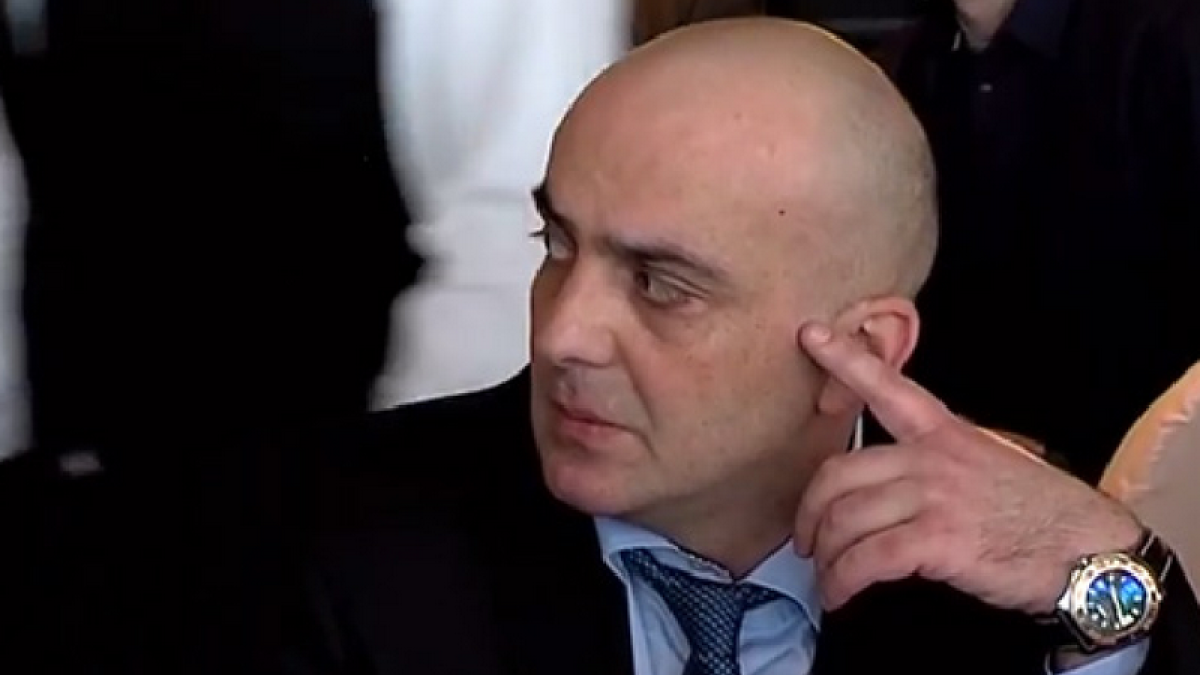"Blank shot": Armenian political analyst on recent statements from Baku
Restrictions on the Armed Forces of Armenia
Hikmet Hajiyev, assistant to the president of Azerbaijan, labeled Armenia as an “occupying country” and an “aggressor.” In this context, he called on the international community to impose “restrictions on the armed forces of Armenia.”
Notably, this statement came after Yerevan proposed the creation of joint mechanisms for monitoring ceasefire violations and arms control.
“Azerbaijan itself is an aggressor country that has violated all written and unwritten laws regarding the quantity of arms for years, with the results evident during the 44-day war in 2020,” Robert Ghevondyan, a political scientist from the Security Policy Research Center, told JAMnews.
He dismissed the call for restricting Armenia’s armaments as a “blank shot.”
“We are not living in the post-World War II era. The international order is so shaken that there are countries, such as North Korea and Iran, that openly discuss producing nuclear weapons on their own initiative. There can be no restrictions related to conventional arms now,” emphasized Robert Ghevondyan.
- “Sign a peace treaty on already agreed terms”: Pashinyan’s proposal to Baku
- “Adventurous policy”: Armenian political scientist on the delimitation of the border with Azerbaijan
- Yerevan and Baku to exclude one contentious issue from the peace agreement. What’s next?
Azerbaijan believes “it’s time to end” the EU monitoring mission
Hikmet Hajiyev, Assistant to the president of Azerbaijan, stated that the process of delimiting the border between Armenia and Azerbaijan will continue in a bilateral format:
“Considering that the border delimitation process between the two states is proceeding in an atmosphere of peace and mutual understanding, we believe there is no need for the European Union’s border mission to operate near Azerbaijan’s border from the Armenian side. The time has come to end this mission.”
Hajiyev once again reiterated Baku’s demand for Armenia to amend its constitution:
“Armenia’s constitution contains territorial claims against Azerbaijan. As long as this remains unchanged, we see significant obstacles to concluding a peace treaty between the two states.“
Hajiyev refuted Armenian prime minister Nikol Pashinyan’s statement that Azerbaijan’s constitution contains territorial claims against Armenia. He dismissed Pashinyan’s comparison as a “play on words.”
Azerbaijan’s Foreign Ministry spokesperson, Aykhan Hajizade, also responded to the Armenian prime minister’s statements. He declared that the claims about territorial ambitions in Azerbaijan’s constitution are “completely false”:
“It is unacceptable to draw a parallel and equate the constitutions of Azerbaijan and Armenia on this issue.”
In his latest press conference, Pashinyan mentioned that Azerbaijan declares itself the successor to the 1918-1920 Azerbaijani Republic. According to a map presented to the Entente in 1919, this state “claimed the entire territory of today’s Syunik and Vayots Dzor regions of Armenia, as well as parts of the Tavush, Gegharkunik, Ararat, Lori, and Shirak regions.”
The Armenian prime minister expressed concern over this but noted that Yerevan is not demanding Baku amend its constitution, as doing so would “deliberately derail” the signing of a peace agreement.
Restrictions on the Armed Forces of Armenia
Commentary
Political analyst Robert Ghevondyan expects an equivalent response from official Yerevan to Baku:
“Who the aggressor and occupier is cannot be determined by someone’s statements. Everyone sees the consequences of Azerbaijan’s aggression towards Nagorno-Karabakh, an issue with a 30-year history. In the past, the Karabakh Armenians managed to hold their ground and resist. This time [referring to Azerbaijan’s military operation in September 2023], they were unable to for certain reasons. But in both cases, the aggressor was Azerbaijan. It would be appropriate for these points to be highlighted in the Armenian Foreign Ministry’s response.”
He believes that the international community, especially those countries genuinely interested in a peace treaty between Armenia and Azerbaijan, will take note of Baku’s destructive behavior:
“We hope that this will be followed by an even stronger response than last time, and that the West will now move toward strengthening Armenia. Last time, the response to Baku’s destructiveness was the April 5 meeting, which created serious prospects for Armenia.”
On April 5, a meeting took place in Brussels between the prime minister of Armenia, the president of the European Commission, and the U.S. secretary of state. Armenian experts described this meeting as providing the country with “safety cushions.”
Robert Ghevondyan also considers Azerbaijan’s demand to end the EU monitoring mission on the Armenian border as further evidence of its destructive behavior. He emphasizes that “the mission operates on the sovereign territory of Armenia.”
According to the analyst, Baku is not only addressing its own issues but is also trying to advance Moscow’s agenda.
“Russia is very eager for the EU mission to no longer be in Armenia. Armenia and the EU are the parties that decided to deploy the mission. It is not up to Azerbaijan or Russia to decide whether representatives of other countries or organizations should be in Armenia,” he explained.
Ghevondyan believes that with such demands, Azerbaijan is trying to increase pressure on Armenia. The goal, he says, is “to extract endless concessions and become the central authority with whom all regional issues must be coordinated.“
Commenting on Baku’s demand for Armenia to amend its constitution, Gevondyan pointed out that Yerevan has made similar criticisms of Azerbaijan’s constitution. However, he emphasized that the Armenian authorities are not making reciprocal demands, explaining that “the parties have agreed that internal legislation will not be an obstacle to fulfilling the terms of a peace treaty.”
Prime minister Nikol Pashinyan recently made a similar statement at his press conference. In Ghevondyan’s view, Pashinyan’s arguments are unacceptable to Azerbaijan, as Baku is demanding changes to Armenia’s constitution to prolong the negotiation process and avoid signing a peace agreement.
“Meanwhile, the international community does not accept Azerbaijan’s demand for changes to Armenia’s constitution. In the overall logic of the peace treaty, this demand from Baku is not supported by the United States, the European Union, or even Azerbaijan’s ally, Turkey,” the expert emphasized.










